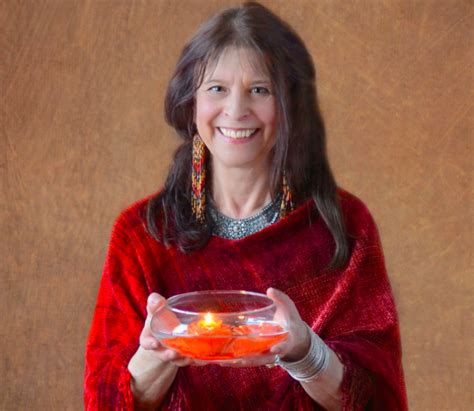A Quote by Jeffrey Eugenides
That’s how people live, by telling stories. What’s the first thing a kid says when he learns how to talk? “Tell me a story.” That’s how we understand who we are, where we come from. Stories are everything.
Related Quotes
Humans are kind of story-propagating creatures. If you think of how we spend our days, think of all the time you spend on entertainment. How much of your entertainment centers around stories? Most pieces of music tell stories. Even hanging out with your friends, you talk, you tell stories to each other. They're all stories. We live in stories.
We live in a world where bad stories are told, stories that teach us life doesn't mean anything and that humanity has no great purpose. It's a good calling, then, to speak a better story. How brightly a better story shines. How easily the world looks to it in wonder. How grateful we are to hear these stories, and how happy it makes us to repeat them.
We read novels because we need stories; we crave them; we can’t live without telling them and hearing them. Stories are how we make sense of our lives and of the world. When we’re distressed and go to therapy, our therapist’s job is to help us tell our story. Life doesn’t come with plots; it’s messy and chaotic; life is one damn, inexplicable thing after another. And we can’t have that. We insist on meaning. And so we tell stories so that our lives make sense.
I've heard stories of other people that are similar stories to me - their mother or father passing away. People have come out to me on Instagram. It's amazing that they can tell me and confide in me. I always want to take the time and write these long messages telling them how much that means to me.
Everything necessary to understand my grandfather lies between two stories: the story of the tiger’s wife, and the story of the deathless man. These stories run like secret rivers through all the other stories of his life – of my grandfather’s days in the army; his great love for my grandmother; the years he spent as a surgeon and a tyrant of the University. One, which I learned after his death, is the story of how my grandfather became a man; the other, which he told to me, is of how he became a child again.
Remember on this one thing, said Badger. The stories people tell have a way of taking care of them. If stories come to you, care for them. And learn to give them away where they are needed. Sometimes a person needs a story more than food to stay alive. That is why we put these stories in each other's memories. This is how people care for themselves.
Listening is terribly important if you want to understand anything about people. You listen to what they say and how they say it, what they share and what they are reticent about, what they tell truthfully and what they lie about, what they hope for and what they fear, what they are proud of, what they are ashamed of. If you don't pay attention to other people, how can you understand their choices through time and how their stories come out?
What's your story? It's all in the telling. Stories are compasses and architecture; we navigate by them, and to be without a story is to be lost in the vastness of world that spreads in all directions like arctic tundra or sea ice. To love someone is to put yourself in their place, we say, which is to put yourself in their story, or figure out how to tell yourself their story. Which means that a place is a story, and stories are geography, and empathy is first of all an act of imagination, a storyteller's art, and then a way of traveling from here to there.
I tell the story to you now, but in each telling the story itself changes a little, changes direction, and that in turn changes you and me. So be very careful not only in how you repeat it but in how you remember it, goslings. More often than you realize it, the world is shaped by two things -- stories told and the memories they leave behind.







































